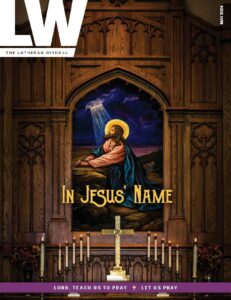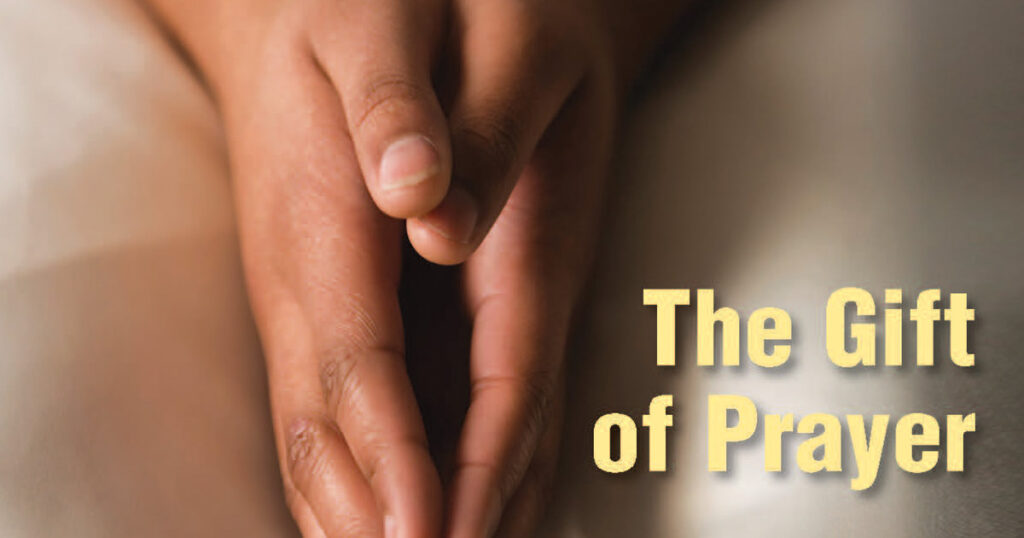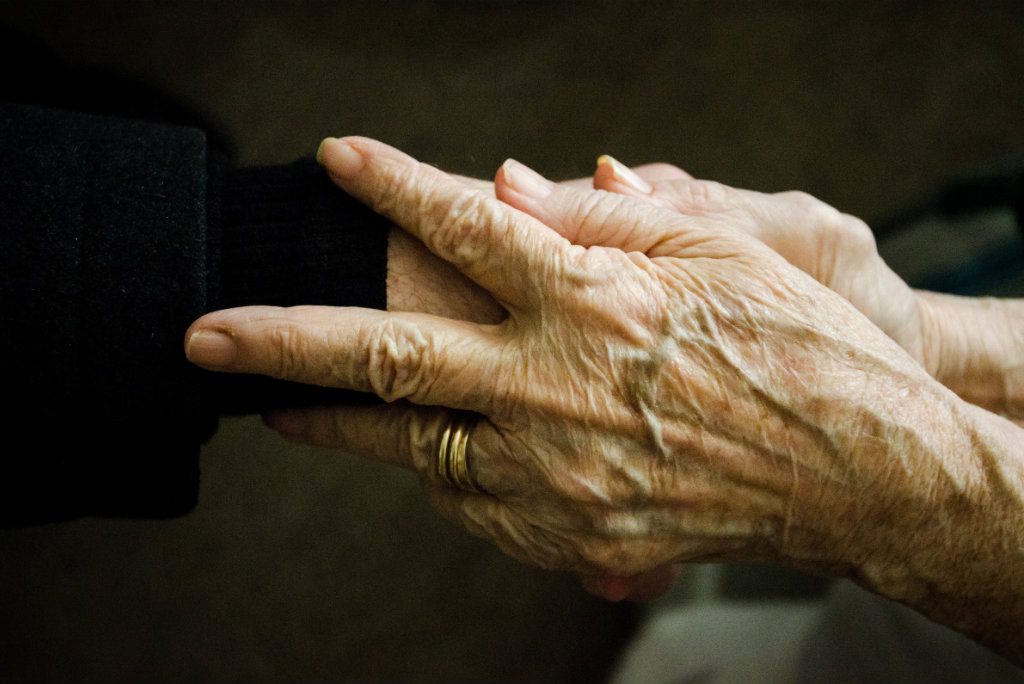“The richness of the Word of God ought to determine our prayers, not the poverty of our heart,” writes Dietrich Bonhoeffer in his classic, Psalms: The Prayerbook of the Bible. So often, we approach prayer in a Fourth Petition mode, focused on our needs, pouring out our emotions and heart to God. Such prayer is acceptable to Him; He does, in fact, give us the Fourth Petition of the Lord’s Prayer to pray: “Give us this day our daily bread.”
But Bonhoeffer’s point is that prayer includes more than daily needs, much more than the emotional struggles of our hearts. In Scripture, God forms us by giving us His Word to pray.
We might say it this way: What is perfect prayer? Have you ever prayed a perfect prayer? Has your pastor? In fact, you probably have, even if you’ve never thought of it this way. Every time you pray the Lord’s Prayer, you have prayed Jesus’ prayer. When you pray the psalms, you utter back to God the words He has given to you to pray to Him.
You pray His perfect words back to Him. In such prayer, we must often pray against our emotions. Have you ever prayed a psalm of exaltation — “Let everything that has breath praise the Lord!” (Psalm 150:6) — and thought, “I’m not feeling particularly joyous today.” Or perhaps, “I am weary with my moaning; every night I flood my bed with tears; I drench my couch with my weeping” (Psalm 6:6), and then thought, “I’m not particularly sorrowful today.”
As Bonhoeffer notes: “If we are to pray aright, perhaps it is quite necessary that we pray contrary to our own heart. Not what we want to pray is important, but what God wants us to pray.” In the end, we utter this prayer in and through Jesus. Again, and finally, from Bonhoeffer: “The Psalms are given to us to this end, that we may learn to pray them in the name of Jesus Christ.” And so we end our prayers in the name of Jesus.
The church is a praying community, and we pray in season and out, in the name of Jesus, as Peter Bender shows us in his explanation of the many facets of the Lord’s Prayer. We pray as a congregation for the church, the family and the state, as Sean Daenzer explains. Jennifer Jordan shows us how the ancient form of the collect can shape and guide our prayers by offering a structure for prayer. We take the prayers of the church and use them in our home and, along with a number of great resources that Christian Boehlke shares in his article, pray with our families. Finally, John T. Pless and Brian German show us how Martin Luther prayed using the Small Catechism and the psalms, and how you can pray along with them.
Praying with and for you,
Roy S. Askins
Managing Editor, The Lutheran Witness





